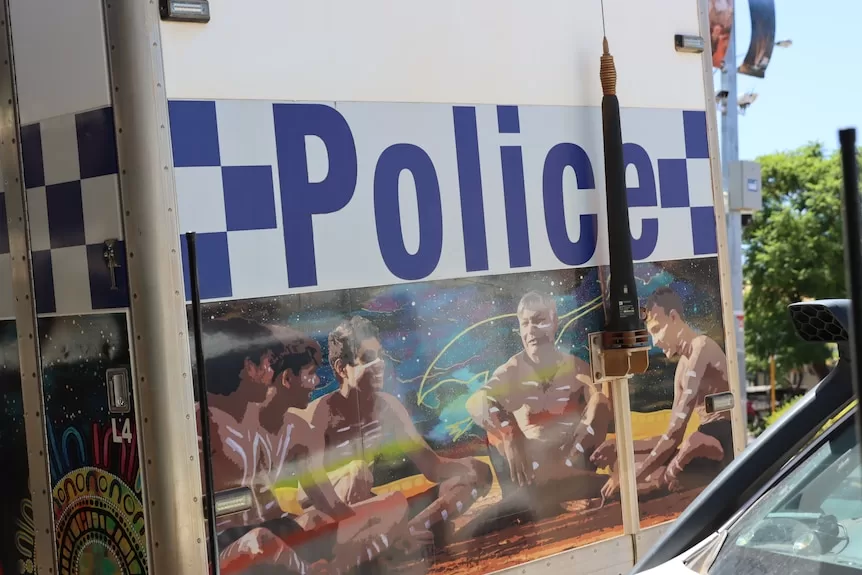- In short: WA Police Minister Paul Papalia today confirmed Operation Regional Shield would be extended to the Goldfields capital.
- A business owner who was assaulted at work said she was pleased to see more police officers on the streets.
- What’s next? Indigenous leaders said they needed to be included in any plan designed to curb antisocial behaviour.
More police officers and law enforcement resources have been sent to Kalgoorlie-Boulder to address escalating concerns about antisocial behaviour.
Operation Regional Shield was initially designed to curb youth crime in the Kimberley region but has evolved into a $11.8-million statewide program designed to quickly move police resources around the state.
Western Australian Police Minister Paul Papalia and Police Assistant Commissioner Darryl Gaunt today confirmed the operation would be extended to the Goldfields capital following community safety concerns.
“What we’ve heard is the community’s concerns about the safety,” Assistant Commissioner Gaunt said.
“So we’re not going to stay silent on that.
“We’ve certainly ramped up the resourcing [to] reinforce the visibility of police so that people can feel safe to be back on the streets again.”
The state government and police declined to say how many additional officers are being deployed, but it will include officers from the regional operations, investigations and intelligence divisions, as well as resources from the police air wing.
It will also include more resources for the Licensing Enforcement Division to enforce the Banned Drinkers Register and stamp out the illegal sale of alcohol.
Mr Papalia did not say what the state government will do to alleviate issues that often lead people to crime, such as substance addiction, mental health struggles, homelessness or overcrowded housing.
“[That] sort of thing … is long term and underlying and they won’t be addressed with any silver bullet,” he said.
“What we’re doing here is to tackle the issue of antisocial behaviour and ensure that there’s a good police presence on the streets of Kalgoorlie and Boulder.”
Business owner welcomes news
Kalgoorlie newsagent Tania Parkes was assaulted at her business a fortnight ago as the city was plunged into a multi-day electricity blackout.
She welcomed news of extra police.
“[A person] attacked me, pulled my hair, threw me to the ground,” Ms Parkes said.
“As we were on the ground, she had scissors in hand. So [I] was fighting [her] off trying to stab me with scissors.”
She said the experience left her angry and prompted her husband to attend a community forum about antisocial behaviour last week, calling for extra police.
“The response has been really good,” Ms Parkes said.
Working to be culturally appropriate
Assistant Commissioner Gaunt said he was confident the extra officers would not exacerbate community tensions.
“We’ve got some really senior experienced officers who’ve done a lot of time in the regions and they’re able to very often de-escalate,” he said.
“[But] also, they are not going to tolerate bad behaviour. If you’re breaking the law, it will be dealt with.”
He said the WA Police Force was working to ensure it dealt with people in culturally appropriate ways.
“We’re certainly trying to make strides in that space. We know how important it is,” Mr Assistant Commissioner Gaunt said.
Part of the solution
Eastern Goldfields First Nations Council interim chairperson Bill Ring said the increased police presence would be helpful if they worked with other community groups.
“We have to start working together,” he said.
“Otherwise, this antisocial [behaviour is] just going to get worse, and people are getting frustrated.”
He said Aboriginal people wanted to be part of any future solution.
“It’s very important for our people to engage in the process,” Mr Ring said.
“We all want to live together within our community and make it safe for everybody.”
Ngaanyatjarra elder Daisy Tjuparntarri Ward said remote residents should be able to visit Kalgoorlie-Boulder and feel supported.
She said having safe spaces for them to stay at night would help, as would encouraging police officers to learn a few words in local Aboriginal languages.
